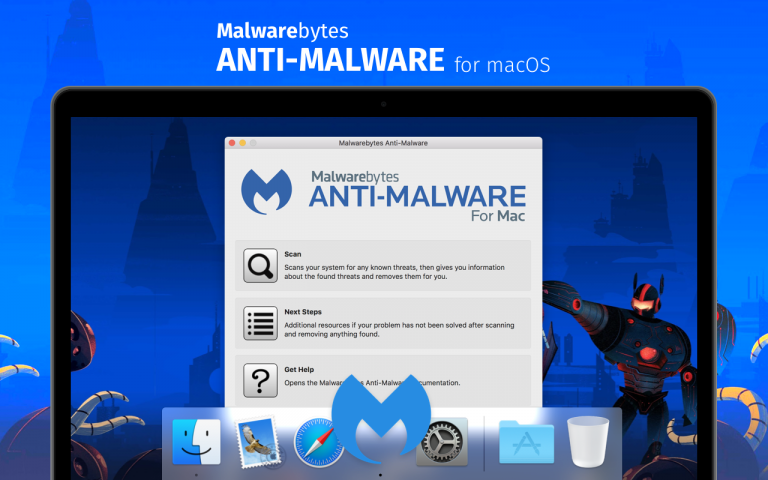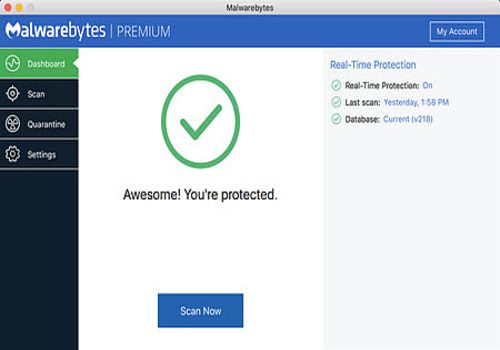



If there’s some YouTube Kids approved content which you’re still not happy with, this is the way to go. If your children are making use of YouTube Kids, it’s a good idea to check out some of the security and privacy settings available to you. Back in 2019, YouTube was fined $170m due to the collection of children’s data without their parent’s consent. You may have seen for yourself how easy it is for videos on YouTube that are about one thing to autoplay their way into content which is about something quite different, including content that is not suitable for those under 13.Ĭhild data is a prominent topic for Google. For example, there are no personalised ads on YouTube Kids, and no sensitive video categories. That’s quite the request, and McCann says that the ICO has three months to let him know whether or not it will take on the investigation.Ĭhildren uner 13 are, in theory, banned from using YouTube, and are supposed to use YouTube Kids instead, which is stricter about data collection. The Guardian also mentions that another part of the complaint asks the ICO to consider ordering YouTube to rollback or delete any machine learning systems trained on this data. He wants YouTube to change how the platform is designed, and to delete the data which it has gathered. McCann claims that YouTube has broken the law by collecting “the location, viewing habits and preferences” of anything up to five million children. If the allegations are true we could see the ICO ordering Google to stop collecting the data, Google could by in line for a large fine. The complaint focuses on how YouTube collects children’s data and alleges that it is being handled poorly. In short, if an app or website is likely to be accessed by children, then there’s a good chance the code applies. The Children’s code applies to UK-based companies and also companies outside the UK involved in processing the personal data of UK children. Duncan McCann, who works for child advocacy group 5Rights, has lodged a complaint with the ICO about YouTube. The code, also known as the Age Appropriate Design Code (AADC), may now be stepping into the digital privacy ring. The UK’s children’s code, introduced three years ago by the Information Commissioner's Office (ICO), is all about ensuring that companies make children’s privacy a primary consideration when creating sites and services, games, and toys.


 0 kommentar(er)
0 kommentar(er)
